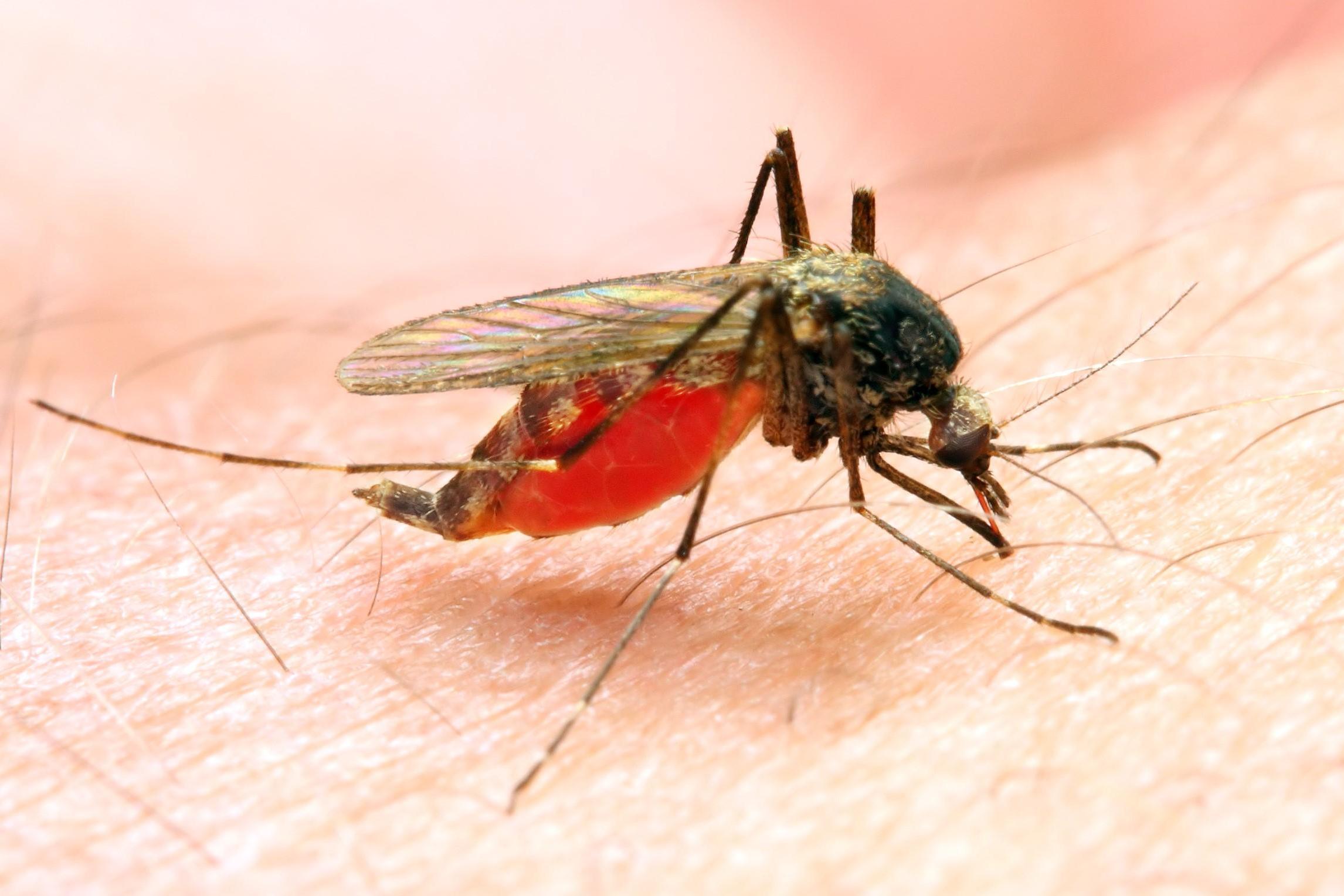Brain dead man becomes latest to die from rare mosquito-borne illness
Gregg McChesney is the third Michigan resident to die of the virus this year

A man was left brain dead by a rare mosquito-borne illness just nine days after contracting it, and later died.
Speaking to CNN, Mark McChesney said his brother Gregg, 64, was healthy before the disease struck, beginning with seizures and ultimately taking his life on August 19.
Mr McChesney is the third Michigan resident this year to die of Eastern equine encephalitis (EEE), which has affected eight counties and infected seven people, prompting Michigan's Department of Health and Human Services to declare it the worst EEE outbreak in a decade.
There have also been eight confirmed cases of EEE, including one death, in Massachusetts, according to state officials. Three more cases, including another death, were also confirmed in Rhode Island.
The US Centres for Disease Control and Prevention (CDC) estimates that only between five and 10 cases of EEE are reported every year.
Mosquitoes carrying the virus have also been found in New Hampshire and Delaware and the disease has been found in animals such as birds and horses.
According to the CDC, about 5 per cent of people bitten by infected mosquitoes develop EEE which causes swelling in the brain. Symptoms include headaches, fever, vomiting, drowsiness, convulsions and coma. About a third of EEE cases lead to death.Those who do survive are often left with permanent physical and neurological damage, ranging from seizures and paralysis to personality disorders and intellectual impairment.
The disease is most common in spring and autumn during years with mild winters, which has made some scientists worry that climate change will make it more common as the planet warms and becomes more hospitable to mosquitoes.
Health officials recommend taking precautions such as using bug spray and wearing long sleeves and trousers. Health officials in Michigan are also encouraging residents to cancel or move outdoor activities during dusk or nighttime hours while the outbreak persists.
Join our commenting forum
Join thought-provoking conversations, follow other Independent readers and see their replies
Comments
Bookmark popover
Removed from bookmarks